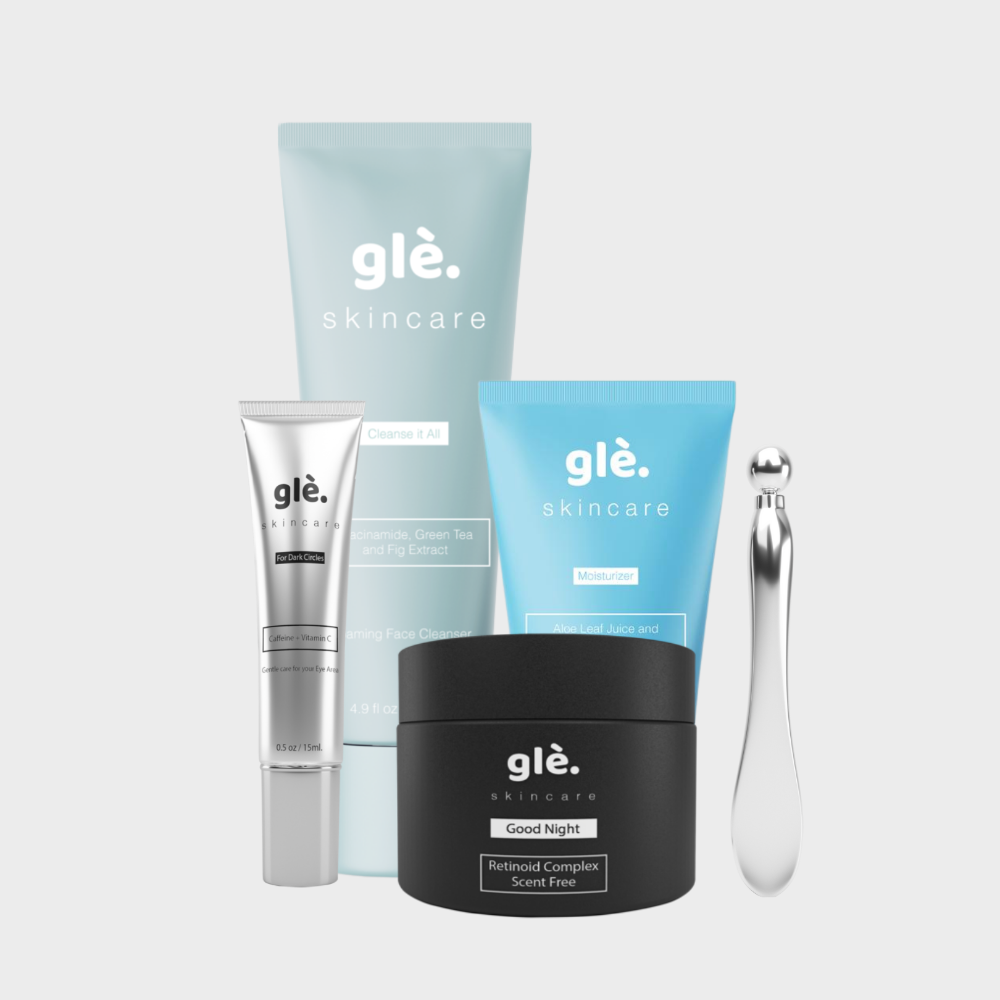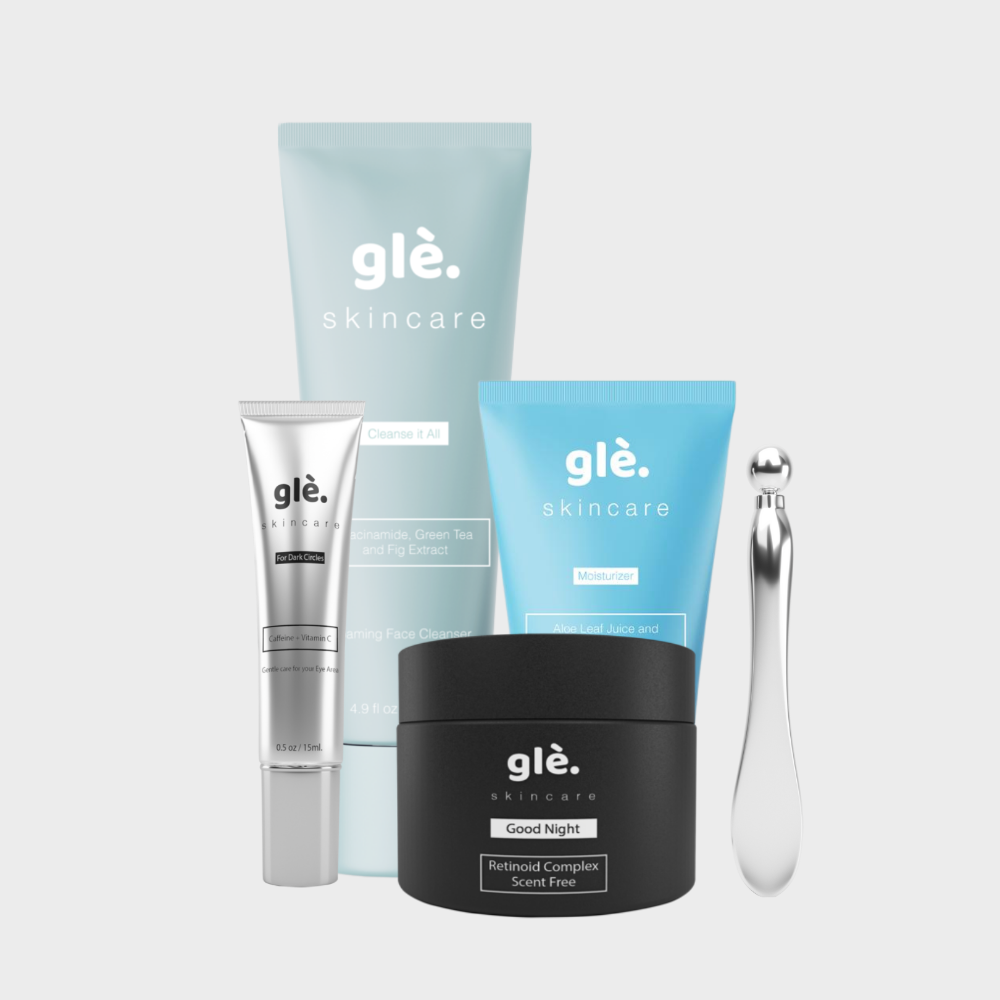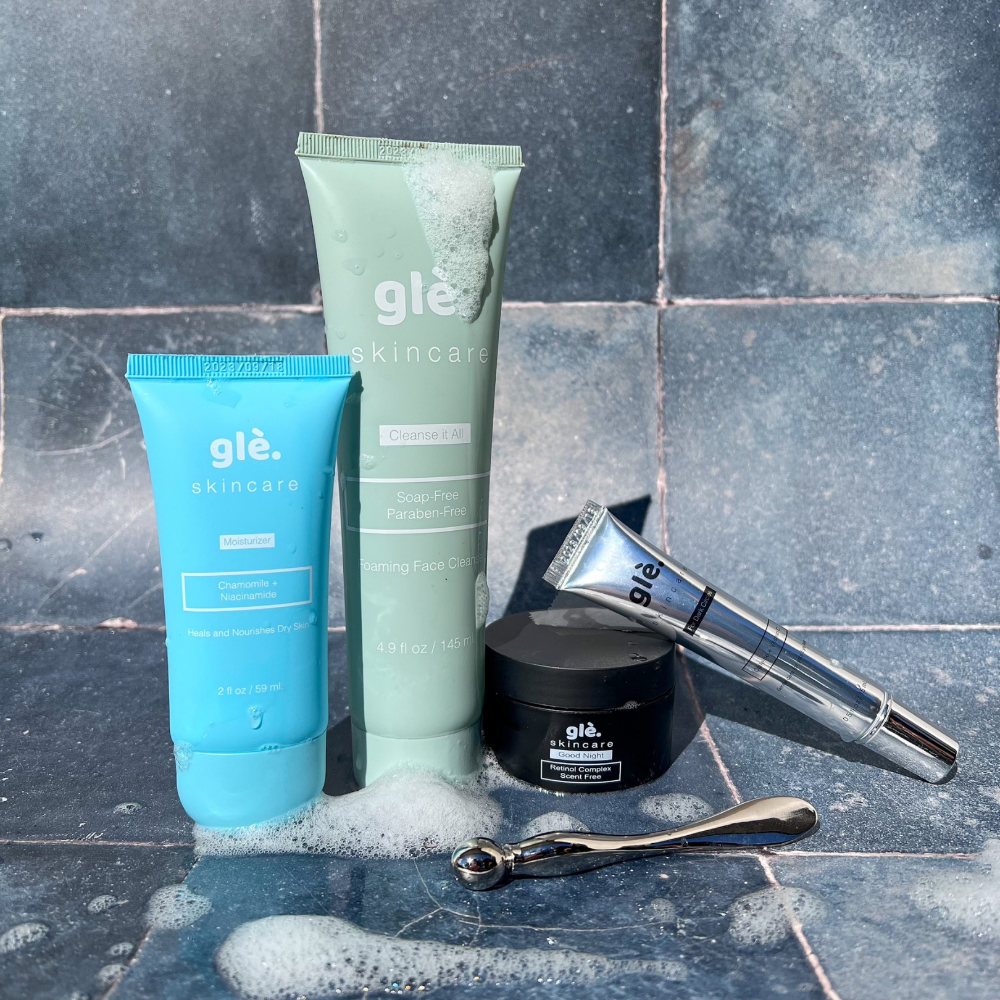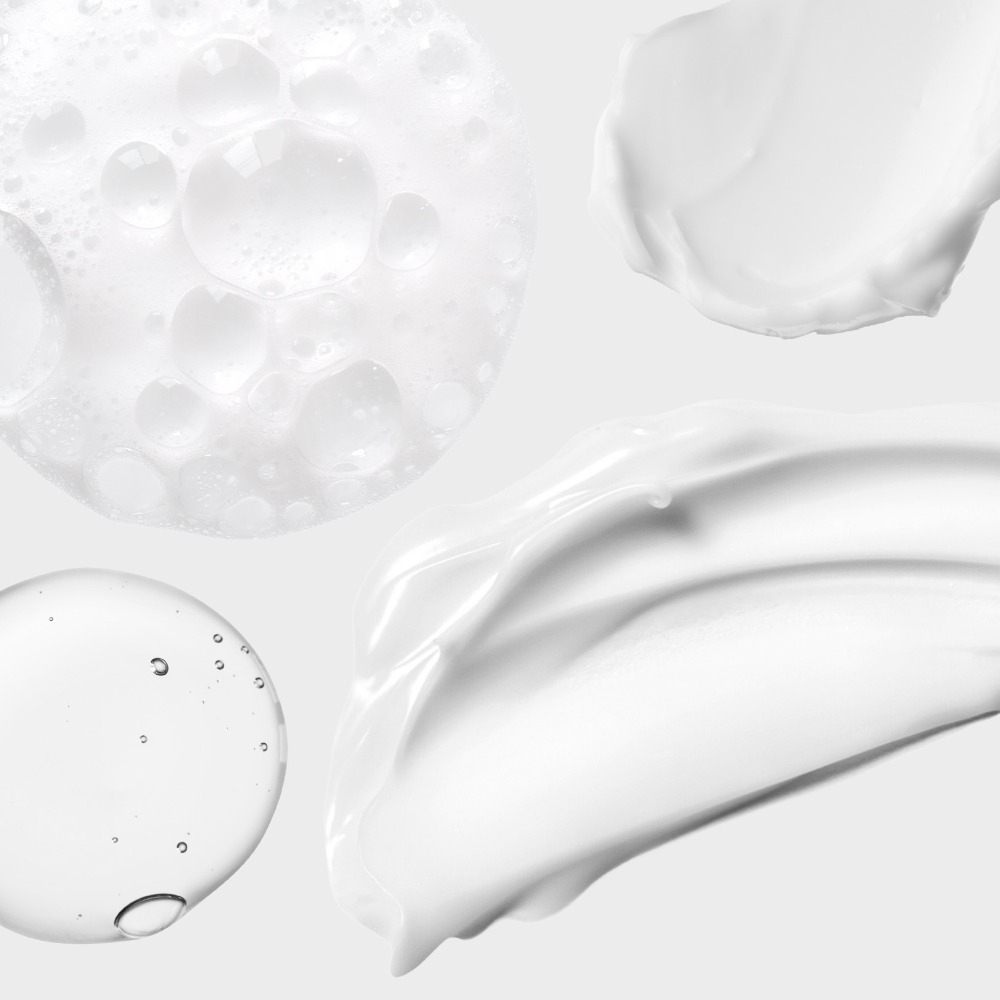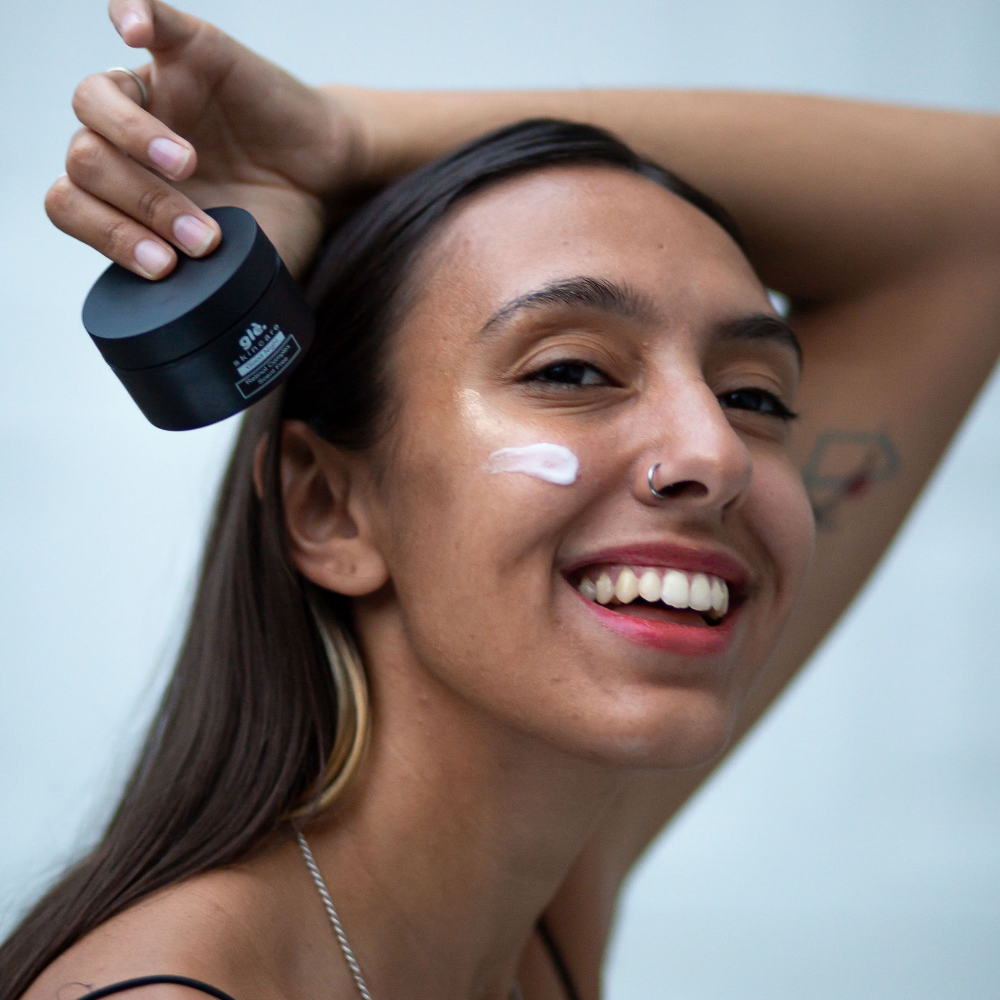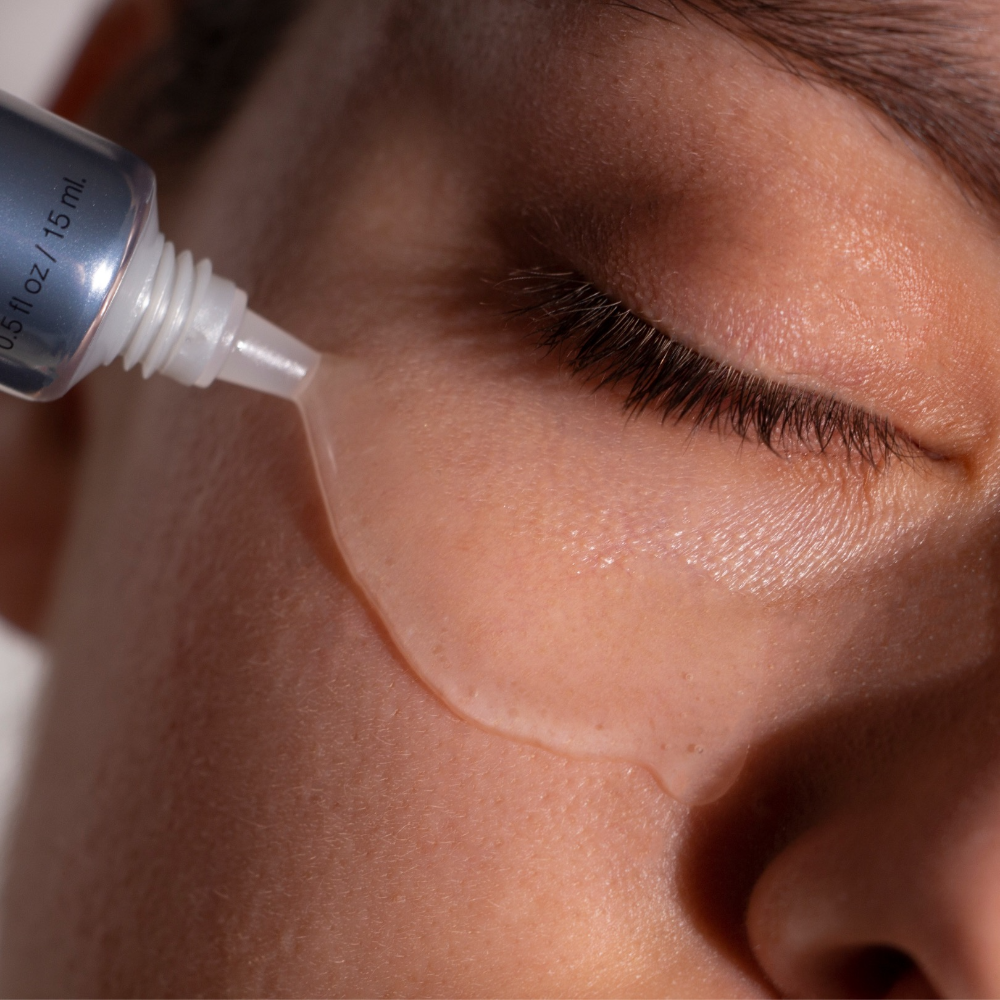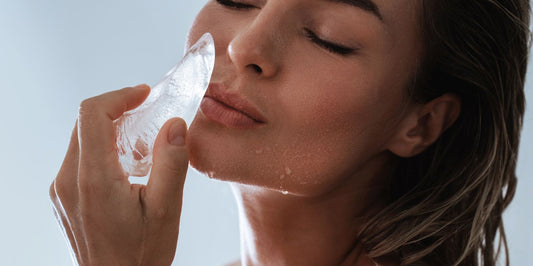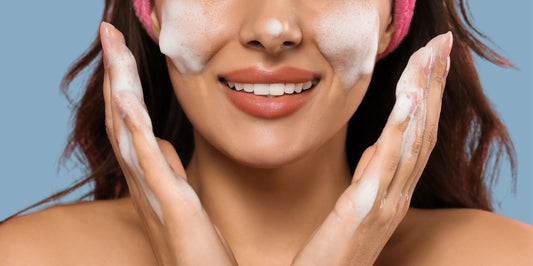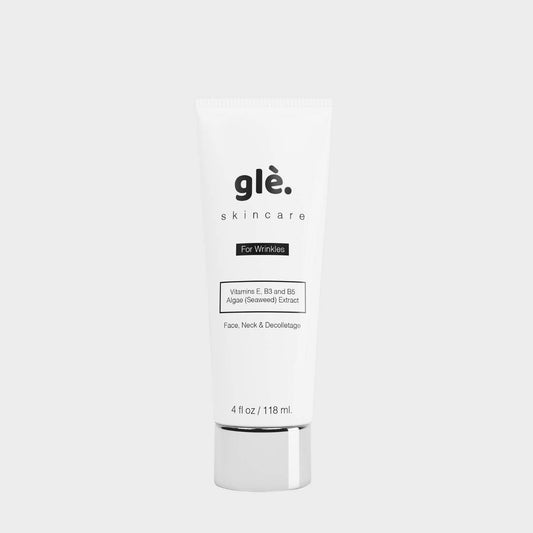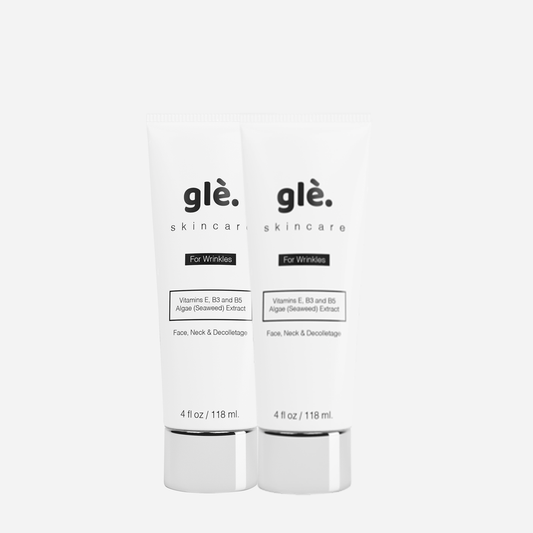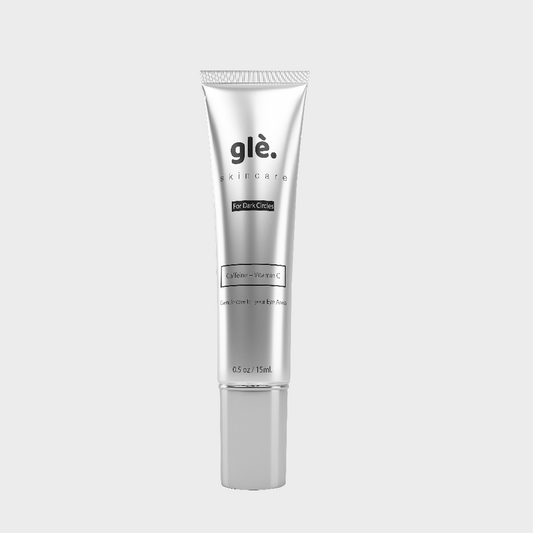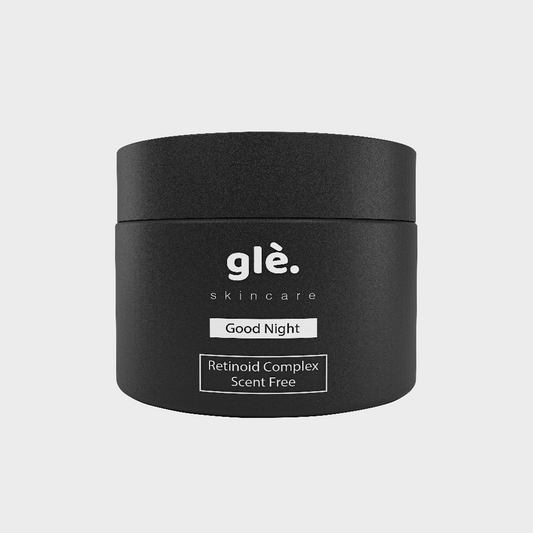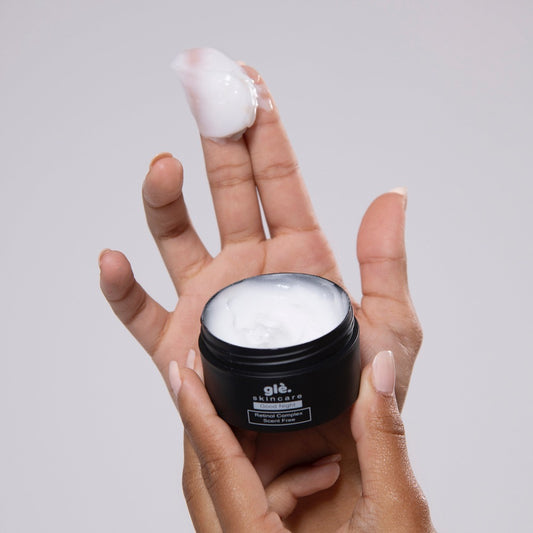1. Hyaluronic Acid
Hyaluronic acid is a winter skincare hero. This humectant draws moisture from the air and binds it to the skin, holding up to 1,000 times its weight in water. In winter, when the air is dry, hyaluronic acid helps maintain moisture levels and keeps the skin hydrated throughout the day. Look for serums, moisturizers, or sheet masks that contain hyaluronic acid to plump and hydrate your skin, making it look smooth and supple.
2. Ceramides
Ceramides are naturally occurring lipids in the skin that form part of the protective barrier. However, during winter, harsh weather and indoor heating can weaken this barrier, leading to moisture loss and irritation. Skincare products rich in ceramides help replenish these lipids, strengthening your skin’s barrier to prevent dehydration and protect against environmental damage. Ceramide-infused creams and moisturizers are ideal for preventing dryness and keeping your skin feeling soft and healthy.
3. Glycerin
Glycerin is another powerful humectant that helps attract moisture to the skin’s surface. It works well in combination with other hydrating ingredients like hyaluronic acid to lock in moisture and create a protective layer over the skin. Glycerin-based creams and lotions are ideal for those dealing with dry, flaky skin, as it helps smooth and soften the skin’s texture.
4. Shea Butter
Shea butter is a rich, nourishing ingredient known for its ability to deeply moisturize and soothe the skin. Packed with vitamins A and E, it helps repair the skin barrier and protects it from the harsh winter environment. Shea butter is especially useful for treating dry patches, rough areas, and conditions like eczema. Use it in thick creams and body butters to provide long-lasting hydration and keep your skin soft and supple.
5. Squalane
Squalane is a lightweight, non-greasy oil that mimics the natural oils in your skin, making it an excellent choice for winter. It hydrates the skin while balancing oil production, which makes it suitable for all skin types, including oily and acne-prone skin. Squalane is also an antioxidant, helping to protect the skin from environmental damage while soothing irritation. It’s great for locking in moisture without clogging pores, so look for it in serums and facial oils.
6. Niacinamide
Niacinamide, also known as vitamin B3, is a multi-functional ingredient that’s particularly beneficial in winter. It strengthens the skin’s barrier, improves moisture retention, and reduces redness and irritation caused by dry air. Additionally, niacinamide helps regulate oil production, evens out skin tone, and boosts collagen production, making it a great ingredient to use year-round. Look for it in serums and moisturizers to reap its protective and calming benefits.
7. Lactic Acid
Lactic acid is a gentle alpha hydroxy acid (AHA) that exfoliates the skin by removing dead skin cells, which tend to build up during winter and cause dullness. Unlike some harsher exfoliants, lactic acid also has moisturizing properties, making it an excellent option for winter use. It brightens the complexion and smooths rough skin while helping your skincare products penetrate more effectively. Use it in serums, masks, or cleansers for a gentle but effective exfoliation boost.
8. Oat Extract
Oat extract is a soothing, anti-inflammatory ingredient ideal for sensitive or irritated skin during the winter months. It’s packed with beta-glucan, which helps lock in moisture and calm redness or irritation caused by cold, dry weather. Oat extract is often found in creams and balms, making it perfect for those dealing with winter skin conditions like eczema, rosacea, or general dryness.
9. Jojoba Oil
Jojoba oil closely resembles the natural sebum produced by your skin, making it an excellent moisturizer that doesn't feel greasy. It provides long-lasting hydration and helps to balance the skin’s oil levels. Jojoba oil is also rich in antioxidants and vitamins, which nourish the skin and protect it from environmental stressors. It’s a great ingredient for facial oils, cleansers, and moisturizers, especially if your skin needs extra moisture without clogging pores.
10. Aloe Vera
Aloe vera is well-known for its soothing and healing properties. In winter, when skin is prone to irritation, redness, and dryness, aloe vera provides instant relief. It’s hydrating, anti-inflammatory, and can help repair the skin’s moisture barrier, making it perfect for dry or sensitive skin. Aloe vera gels, creams, and masks can help calm irritated winter skin while providing lightweight hydration.
11. Vitamin E
Vitamin E is a powerful antioxidant that helps protect the skin from free radical damage caused by environmental stressors like pollution and cold winds. It also has moisturizing and healing properties, making it ideal for dry, chapped skin in winter. Vitamin E can be found in creams, oils, and serums, often combined with other ingredients like squalane or shea butter to amplify its hydrating and protective effects.
During the winter months, your skin needs more hydration and protection than usual. By incorporating ingredients like hyaluronic acid, ceramides, shea butter, and squalane into your skincare routine, you can keep your skin healthy, hydrated, and glowing all season long. Whether you're dealing with dry patches, irritation, or just want to maintain a radiant complexion, these winter skincare ingredients will give your skin the nourishment it needs to weather the cold.



